In a way, you can think of pain management specialists as like dentists. You want a dentist who’s thorough, careful – and who tries to fix your teeth before just pulling them out. But there’s no such thing as a dentist who makes it so that you never have to brush your teeth again.
Pain management’s like that too, says Dr. Tom Macek. Macek, who runs pain management specialists American Pain Experts along with Dr. Neel Amin, says for pain management to work, patients have to be active participants in their treatment.
“A lot of people think pain management is writing lots of prescriptions,” Macek says. “The opposite is true. I’m doing a lot of things to make sure people don’t need prescriptions.”
Like that dentist who doesn’t pull teeth first and ask questions later, good pain specialists also look to other options before the biggest one, surgery. That’s not to say surgery doesn’t have an important role to play in improving chronic problems.
“But I do think conservative treatment should come first,” Macek says.
Pain management is a relatively new and often misunderstood form of medicine. Specialists like Macek and Neel often find that education is a big part of what they need to do. First-time patients often have a straightforward view of what they’re going to get – namely, drugs and then possibly surgery. It’s the doctor’s job to explain that treatment is actually more diverse – and requires work from doctor and patient alike.
“If a patient doesn’t do stretches or doesn’t do exercises, the pain isn’t going to go away,” Amin says. “Their pain is their problem. I’m going to help them with it, but they’ve got to solve the problem.
“We never cure pain, we manage it.”
The doctors met in Seattle while studying at the University of Washington, which has one of the world’s top pain management programs. Later they both moved to different parts of Florida. When they decided they wanted to open a practice together, they did their research and settled on Fort Lauderdale as the place to do it.
They opened four years ago, at the height of the pill mill controversy. It wasn’t easy at first. There were people who distrusted their kind of medicine – and early on, dubious “patients” who just wanted drugs. They worked to educate the former and weed out the latter.
“Maybe opening at this time was fortunate because we were trying to do the right thing when not everybody was,” Macek says.
Four years later, their practice is busy. So much so in fact that next month, they plan to move from their current location in the Broward Health Imperial Point complex to a 4500-square-foot space in a medical complex on Oakland Park Boulevard.
Today they see patients of all ages and with all sorts of ailments, although by far the two most common problems are neck pain and lower back pain. Not everybody requires pain management, Amin says, but younger and middle-aged people with pain they can get by with might want to consider it. Charts in their offices detail various pain stages – from normal to phase three. A younger patient with manageable phase one pain might still want to come in before it develops into something worse and harder to treat later in life.
“When you’re young and you catch things early, that’s the best time to do it,” he says.
Helping patients catch things early, or helping them into a treatment plan that improves longtime conditions, are great perks of the job. Like many doctors who go into pain management, Macek and Amin started off in anesthesiology. Macek chuckles as he explains the difference between that and pain management. There, he says, “I know I did a good job when afterwards, the patient says ‘Who are you?’”
Now, he says, he hears from patients who go on cruises, dance at weddings and generally do things they struggled to do before. “You do have a little bit more satisfaction.”







